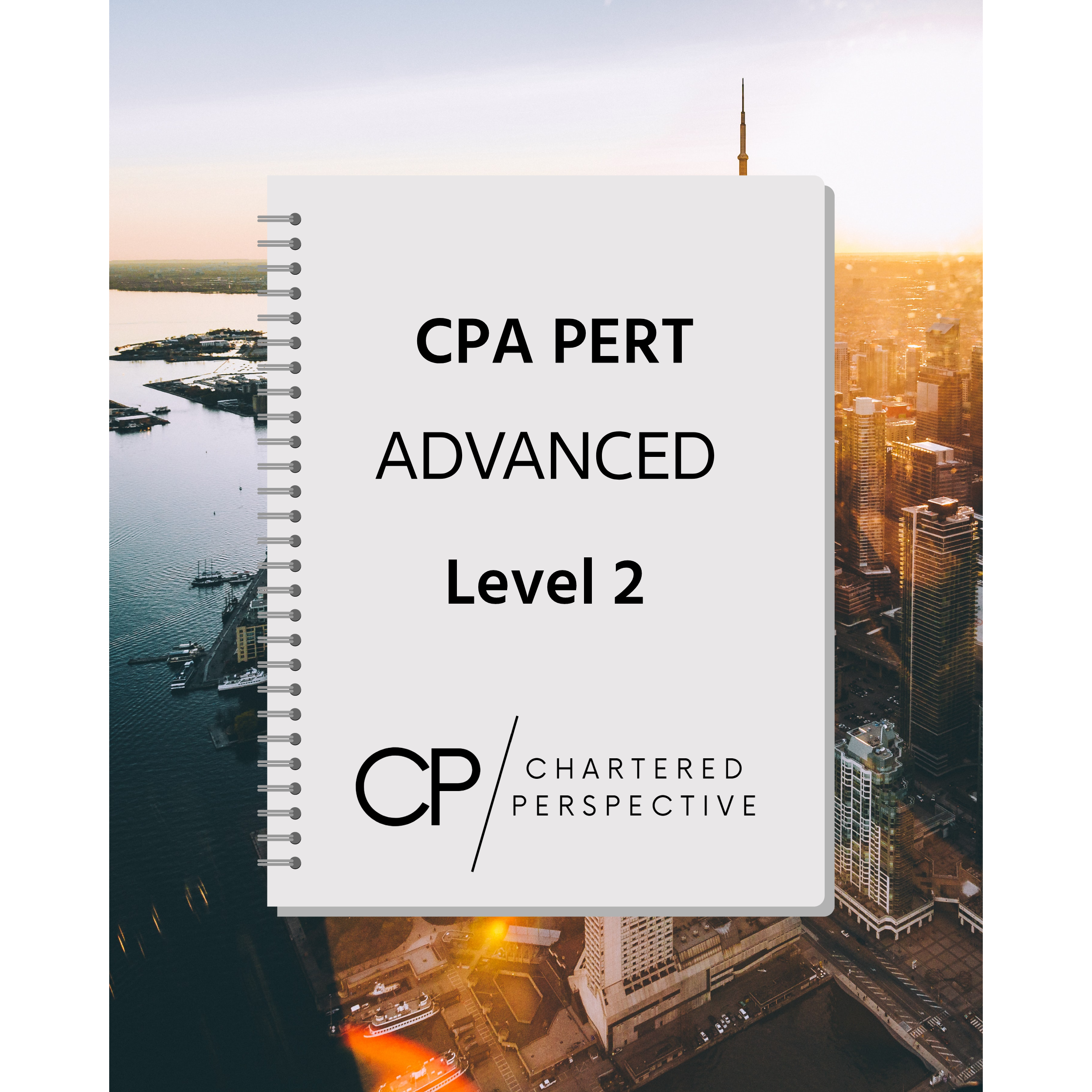The Importance of a Strong PERT Report (CPA Canada)
After sacrificing Friday nights to complete weekly CPA case studies, spending weekends participating in CPA PEP module workshops, completing seemingly countless Core, Elective, and Capstone modules, and passing the 3-day Common Final Exam (CFE), Canadian CPA candidates may finally turn their full attention to the often-forgotten but very necessary Practical Experience Reporting Process.
What is a PERT Report?
PERT (Practical Experience Reporting Tool) is the interface through which Canadian CPA candidates report their experience to their provincial CPA body. PERT Report simply refers to the experience reports candidates must submit. The reason experience reporting is necessary is because in addition to the academic portion of the CPA program, candidates must also build a certain level of real-life competency in certain subject areas which are deemed relevant to the CPA designation. Candidates must report at least 30 months of progressive experience in order to meet this requirement. The idea is that a newly designated CPA will have both the technical/academic knowledge as well as work experience to sufficiently represent the CPA profession. In professional services, reputation and perception are a key part of the value of a designation.
There are two routes for reporting experience, the Pre-Approved Program (PPR) and Experience Verification Route (EVR) which are discussed in a separate blog post.
PERT Experience Reporting: What’s the Catch?
While the concept of experience reporting is simple, there are a few things candidates should keep in mind as they begin the process.
Candidates must report a minimum of 30 months of qualifying work experience. What this means is that if a candidate does not begin reporting experience until passing all of the CPA modules and CFE, they must wait a minimum of 2.5 (realistically 3.0+) years before they may receive the CPA designation.
Experience reports are to be submitted only once every 6 months. Considering the 30-month minimum requirement implies candidates may submit as little as 5 reports to complete the experience portion of the CPA program. If a candidate misses a report or the report is not assessed at the requested proficiency level, candidates risk requiring more than the minimum 30 months to meet all requirements, and may further delay receiving the CPA designation.
The CPA program is designed with the intention to have candidates display progression in their proficiency through their experience reports from Level 0 (administrative) to Level 2 (CPA-level). Building on #2 above, this adds stress to the process because any missed proficiency levels may once again set a candidate back further.
There is a time limit by which candidates must complete all requirements to receive the CPA designation. Failure to do so results in deregistration from the program. This time limit is several years after your PER (Practical Experience Reporting) Effective Date, however it comes faster than one might expect.
Tips for a Smooth CPA PERT Experience Report Process
The above are just a few reasons why it’s extremely important for candidates to stay on top of their experience reporting requirements. CPA reviewers are notoriously strict on handing out Level 2 proficiencies, therefore candidates are encouraged to leverage the resources published by CPA Canada or Chartered Perspective’s PERT Guides in order to increase their chances of receiving the CPA designation as soon as possible.






